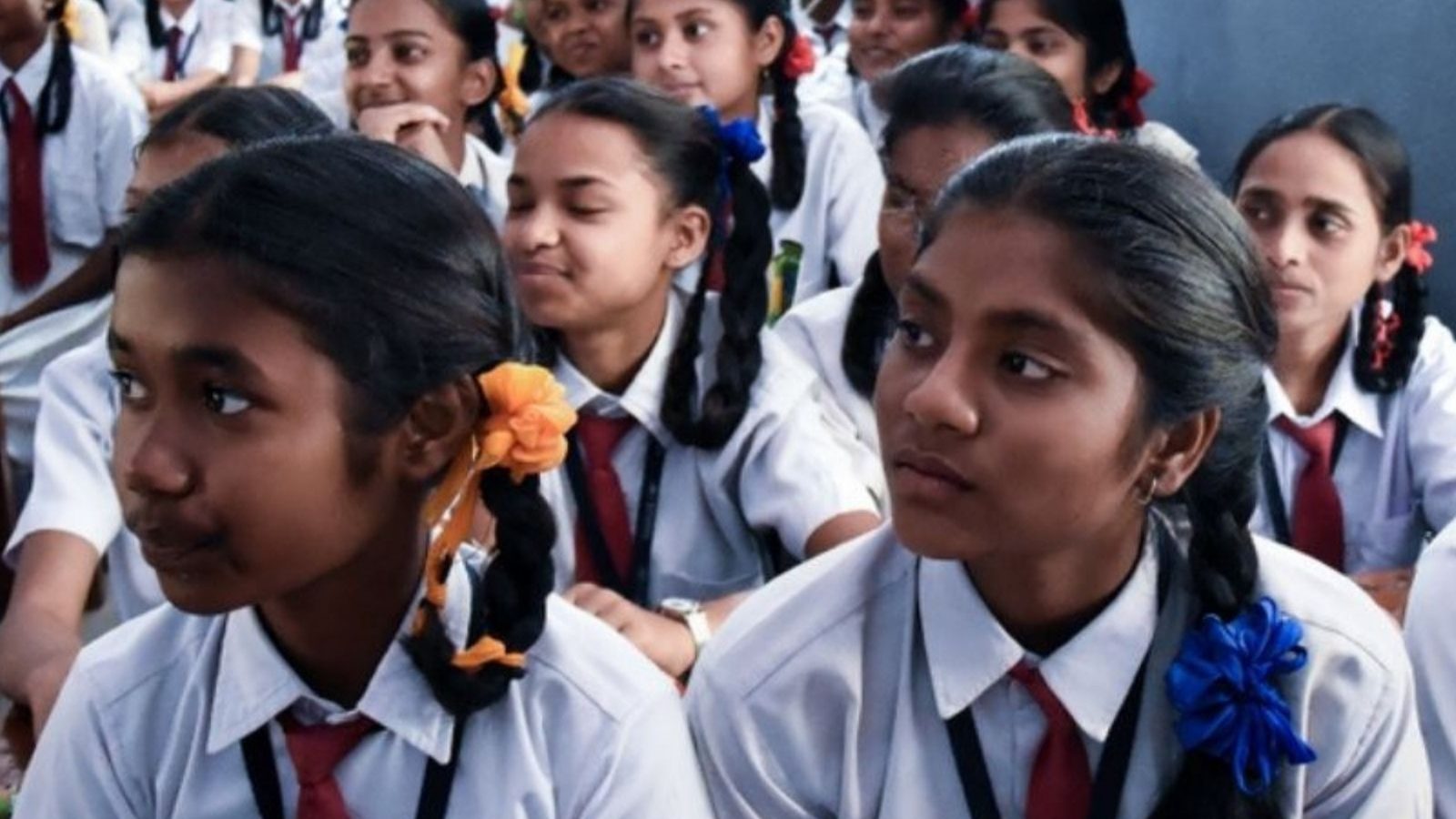The Central Board of Secondary Education (CBSE) will be conducting the 2022 board exams in a new pattern divided into two terms. Each term will be covering 50 per cent of the syllabus. While term I will be held in November-December, term II will be conducted in March-April. The pattern of the exam has also been modified.
The term I exams will have multiple choice questions including case-based MCQs and assertion-reasoning type MCQs and will be held for 90 minutes. The term II will have questions in different formats including case-based, situation-based, open-ended questions as well as both short and long answer type questions. This paper will be conducted for two hours. However, if the Covid-19 pandemic situation doesn’t normalise, the March exams will be held MCQ-based papers for 90 minutes.
The exam pattern has been changed to make it more “student-centric, transparent, technology-driven, and advance provision of alternatives for different future scenarios”, the board had said.
The exams will be conducted under the supervision of the external centre superintendents and observers appointed by CBSE. The responses of students will be captured on OMR sheets which, after scanning will be directly uploaded at CBSE portal or alternatively may be evaluated and the marks obtained by the students will be uploaded by the school on the very same day.
More credit to internal assessments
Apart from dividing the syllabus, efforts will be made to make the internal assessments and projects more credible and valid. For classes 9 to 10, they will have three periodic tests, a student enrichment portfolio, practical work, and speaking listening activities. For classes 11 and 12, they will have unit tests at end of every topic, exploratory activities, practicals, and projects. These exams will be handy in case the COVID-19 situation does not approve in the next year.
CBSE would also provide additional resources like sample assessments, question banks, teacher training, etc for more reliable and valid internal assessments, it said in an official notice.
Schools will create a student profile for all assessments undertaken over the year and save it in a digital format. Data collection will be done based on the performance of students in class and internals will begin with the start of the new academic session.
Rationalised syllabus
The syllabus for the board examination 2021-22 will be rationalised similar to that of the last academic session. Schools have been directed to use an alternative academic calendar and inputs from the NCERT on transacting the curriculum.
Final result
The final results would be computed on the basis of the internal assessment, practical, project work and theory marks of both the term exams taken by the candidate from home in the subject to the moderation or other measures to ensure validity and reliability of the assessment, CBSE notified.
CBSE in an official notification has already instructed the respective schools to prepare a list of candidates (LOC) for next year’s class 10 and 12 board exams so that the submission and registration of students can be done correctly within the stipulated schedule. The CBSE will soon launch the LOC submission as well as the registration portal.
Read all the Latest News, Breaking News and Coronavirus News here
Source link




